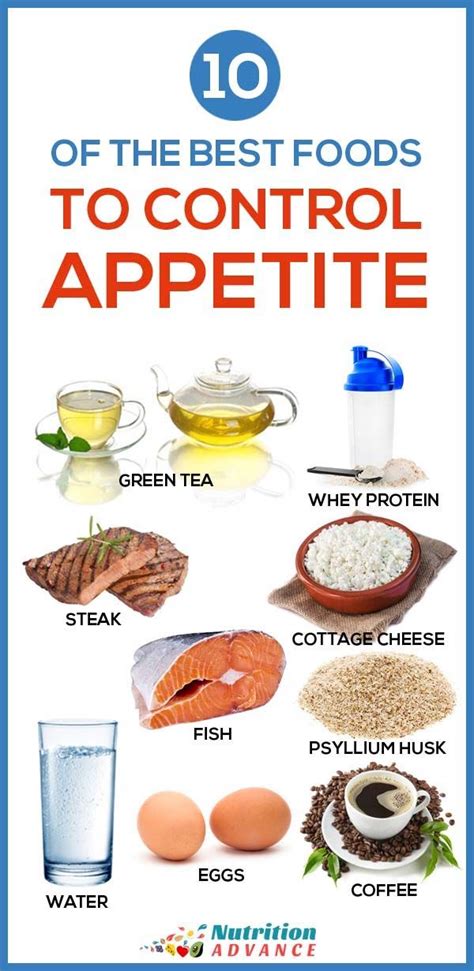How to Suppress Appetite: Proven Strategies for Weight Management
Losing weight can be a challenging journey, and often, one of the biggest hurdles is managing appetite. Constantly feeling hungry can derail even the most dedicated diet plans. Fortunately, there are numerous scientifically-backed strategies you can employ to effectively suppress your appetite and achieve your weight loss goals. This guide will explore several effective methods, helping you understand how to conquer those hunger pangs and stay on track.
Understanding Your Hunger Cues
Before diving into appetite suppression techniques, it's crucial to understand what's driving your hunger. Is it true physiological hunger, or are emotional or environmental factors at play? Differentiating between these is key to developing an effective strategy.
Identifying True Hunger vs. Emotional Eating
True hunger comes on gradually, is accompanied by a general feeling of emptiness, and is easily satisfied with a balanced meal. Emotional eating, on the other hand, is often triggered by stress, boredom, or sadness and leads to consuming food even when not physically hungry. Learning to identify these distinctions is crucial for managing your appetite effectively.
Proven Strategies to Suppress Appetite
Now, let's explore effective and proven methods to control your hunger:
1. Prioritize Protein Intake
Protein is your appetite's best friend. It's known for its satiating effects, meaning it keeps you feeling fuller for longer. Incorporating lean protein sources like chicken breast, fish, beans, lentils, and tofu into your diet can significantly reduce hunger cravings.
2. Increase Fiber Consumption
Fiber is another powerful tool in your appetite suppression arsenal. High-fiber foods like fruits, vegetables, and whole grains absorb water, expanding in your stomach and promoting a feeling of fullness. This slows down digestion, keeping you satisfied for extended periods.
3. Drink Plenty of Water
Often, thirst is mistaken for hunger. Staying well-hydrated can significantly reduce appetite, especially before meals. Drinking a large glass of water before eating can help you consume fewer calories.
4. Choose Foods with a Low Glycemic Index (GI)
Low-GI foods are digested and absorbed more slowly, preventing blood sugar spikes and subsequent crashes that can trigger hunger. Opt for whole grains, legumes, and non-starchy vegetables over processed foods and sugary drinks.
5. Get Enough Sleep
Sleep deprivation can disrupt hormones that regulate appetite, leading to increased hunger and cravings. Aim for 7-9 hours of quality sleep per night to support your weight loss efforts.
6. Manage Stress Levels
Stress can trigger emotional eating. Employ stress-management techniques such as exercise, yoga, meditation, or spending time in nature to help regulate your appetite.
7. Consider Appetite Suppressant Supplements (Consult Your Doctor)
While lifestyle changes are the most effective long-term solutions, some individuals may find support from appetite suppressant supplements. However, it's crucial to consult your doctor before taking any supplements, as they can interact with medications and have potential side effects.
Creating a Sustainable Plan for Appetite Suppression
Remember, suppressing your appetite isn't about deprivation; it's about making smart food choices and adopting healthy lifestyle habits. Focus on creating a balanced, nutritious diet plan that satisfies your nutritional needs while keeping you feeling full and energized. Combine these strategies with regular exercise for optimal weight management results.
By understanding your hunger cues, incorporating these proven strategies, and prioritizing a holistic approach, you can effectively manage your appetite and pave the way for successful and sustainable weight loss. Remember to consult with a healthcare professional or registered dietitian for personalized advice.
